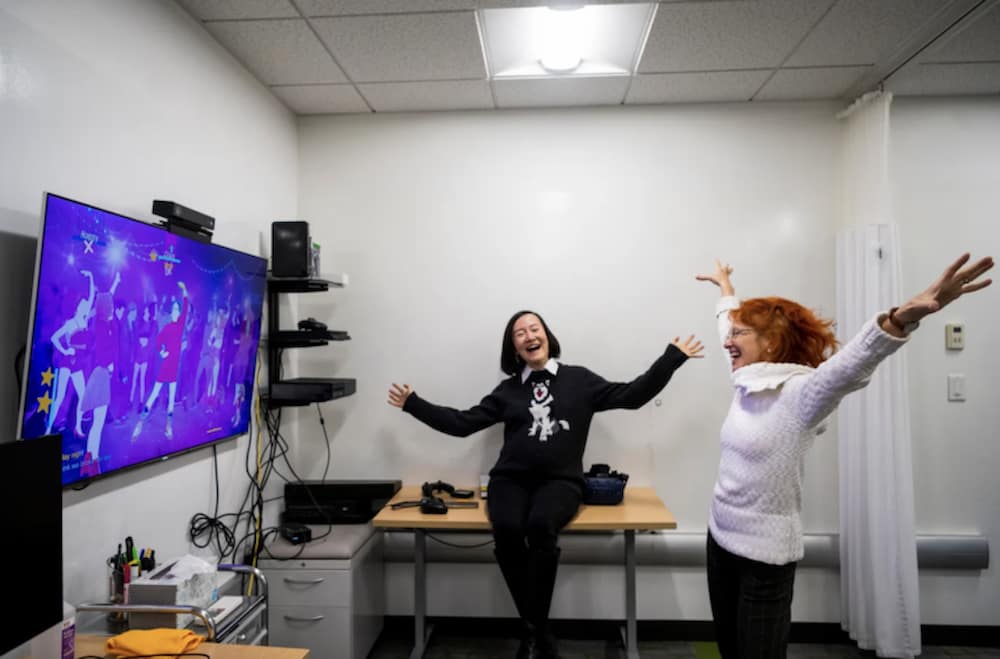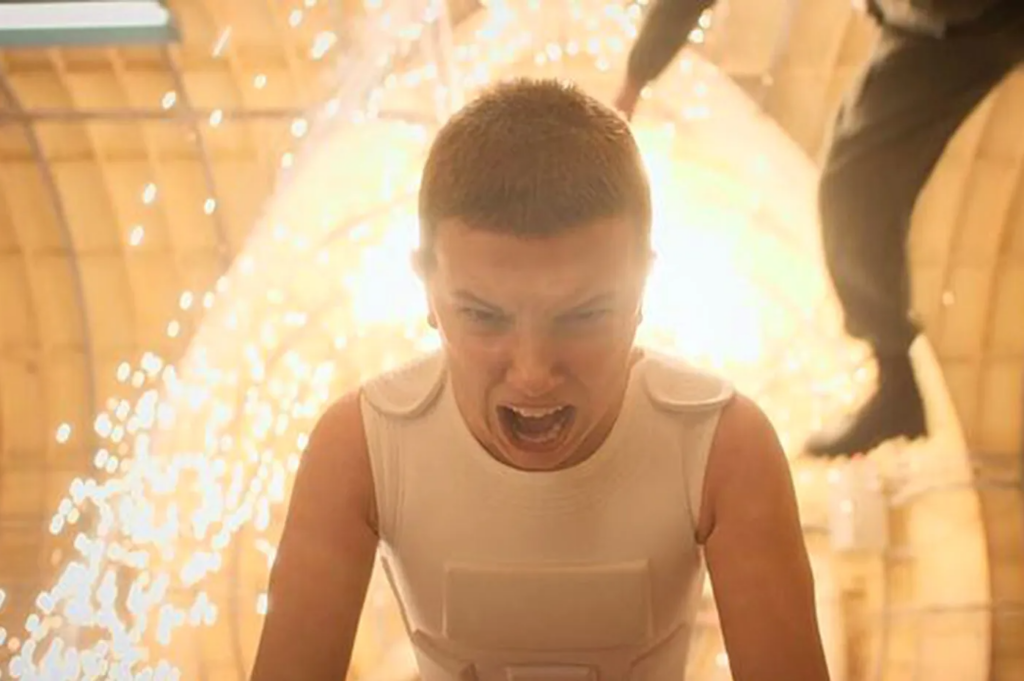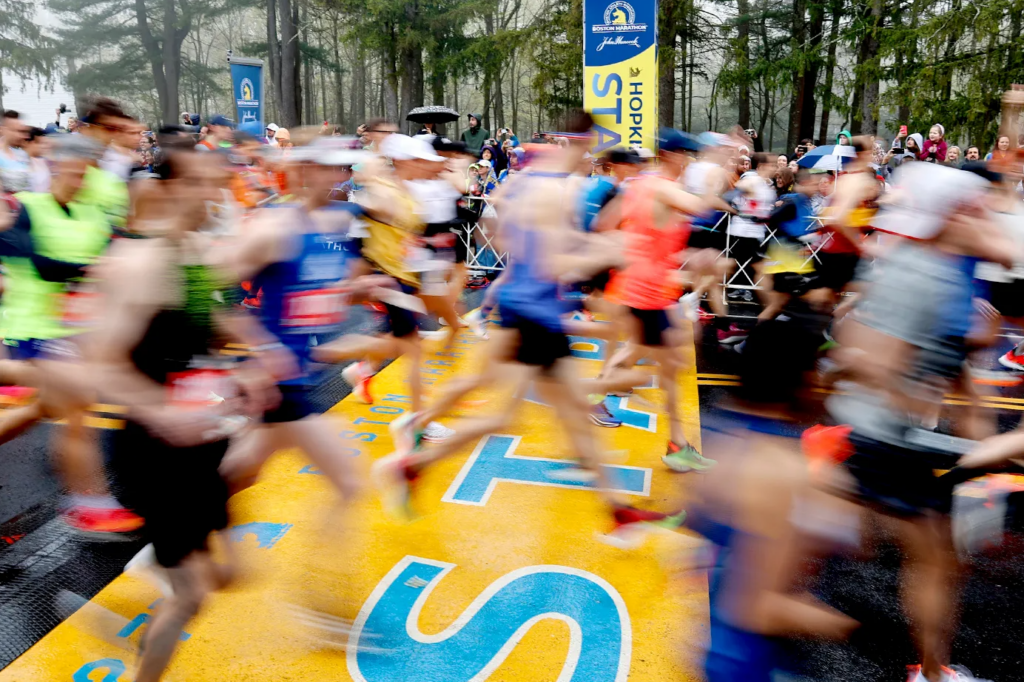Don’t throw away that Wii Fit Balance Board––it might be more valuable than you think.
New research from a team at Northeastern University found that active video games––like Wii Fit and Dance Dance Revolution––are more effective for improving balance than conventional forms of physical therapy.
Led by Amy S. Lu, associate professor of communication studies and health sciences at Northeastern, the team of researchers conducted a comprehensive review and meta analysis of thousands of studies focused on active video games. After narrowing their focus to a few hundred, they grouped the studies into different categories based on what they were measuring, from physical fitness to cognitive outcomes. The research on balance is just one of a series of papers the team has written based on their work.
“Personally speaking, I don’t think active video games themselves can replace outdoor physical activities like soccer or basketball,” Lu says. “It’s a good alternative, however, in [this research], we have basically found that compared to those conventional treatments, active games actually work better.”




